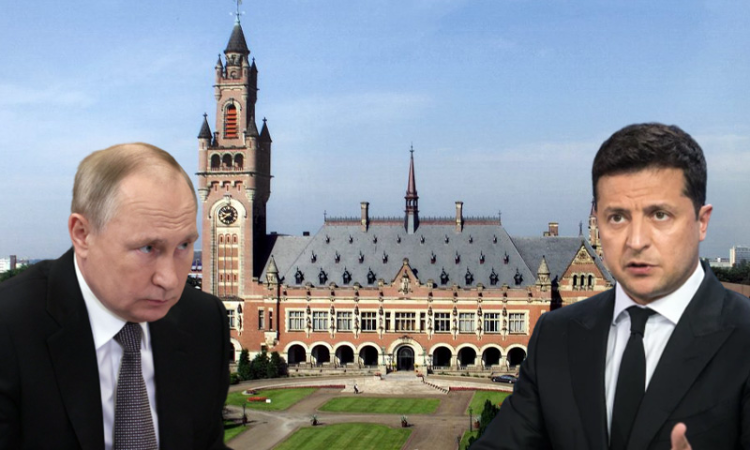Russia Must Suspend Military Operations In Ukraine, Directs International Court of Justice
Aaratrika Bhaumik
16 March 2022 9:11 PM IST

Next Story
16 March 2022 9:11 PM IST
In a significant order, the International Court of Justice (ICJ) at the Hague, Netherlands, on Wednesday directed that Russia must immediately suspend its military operations in Ukraine."The Russian Federation, pending the final decision in the case, must immediately suspend the military operations it commenced in the territory of Ukraine on February 24, 2022",the Court ordered. The Court...
